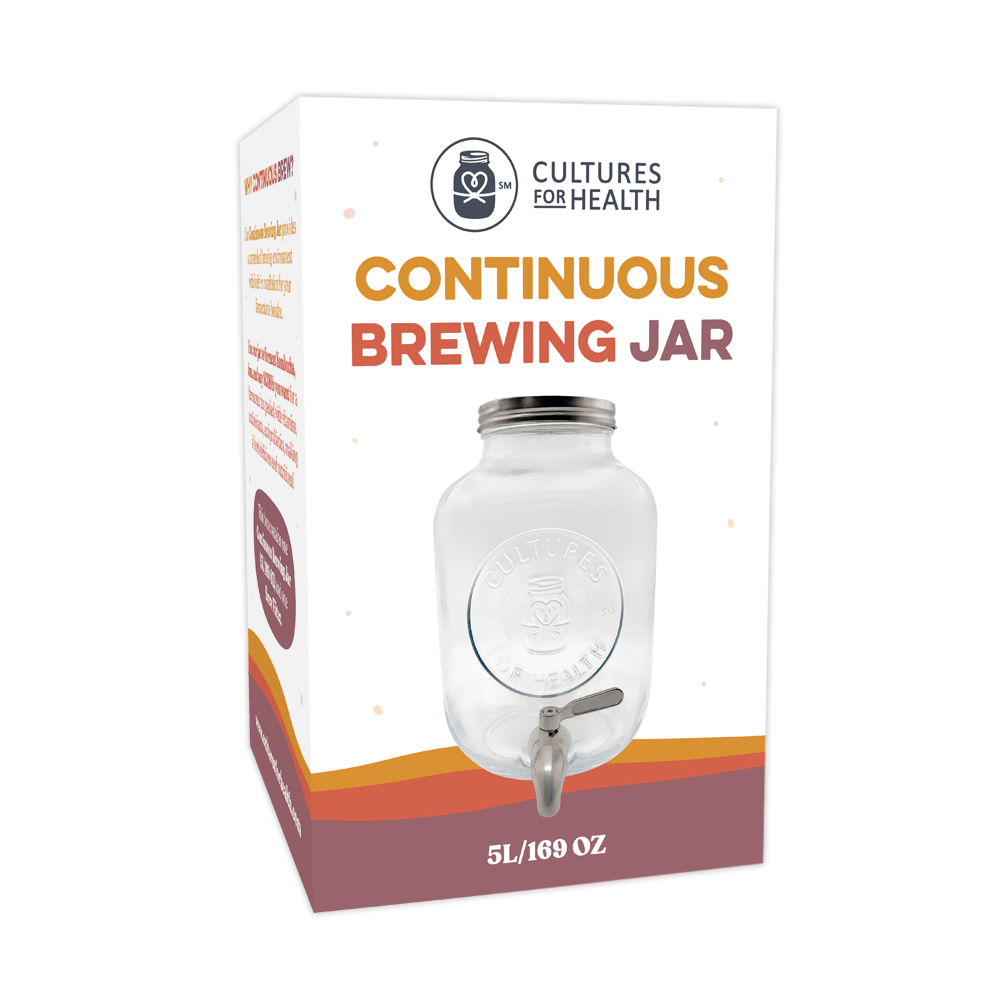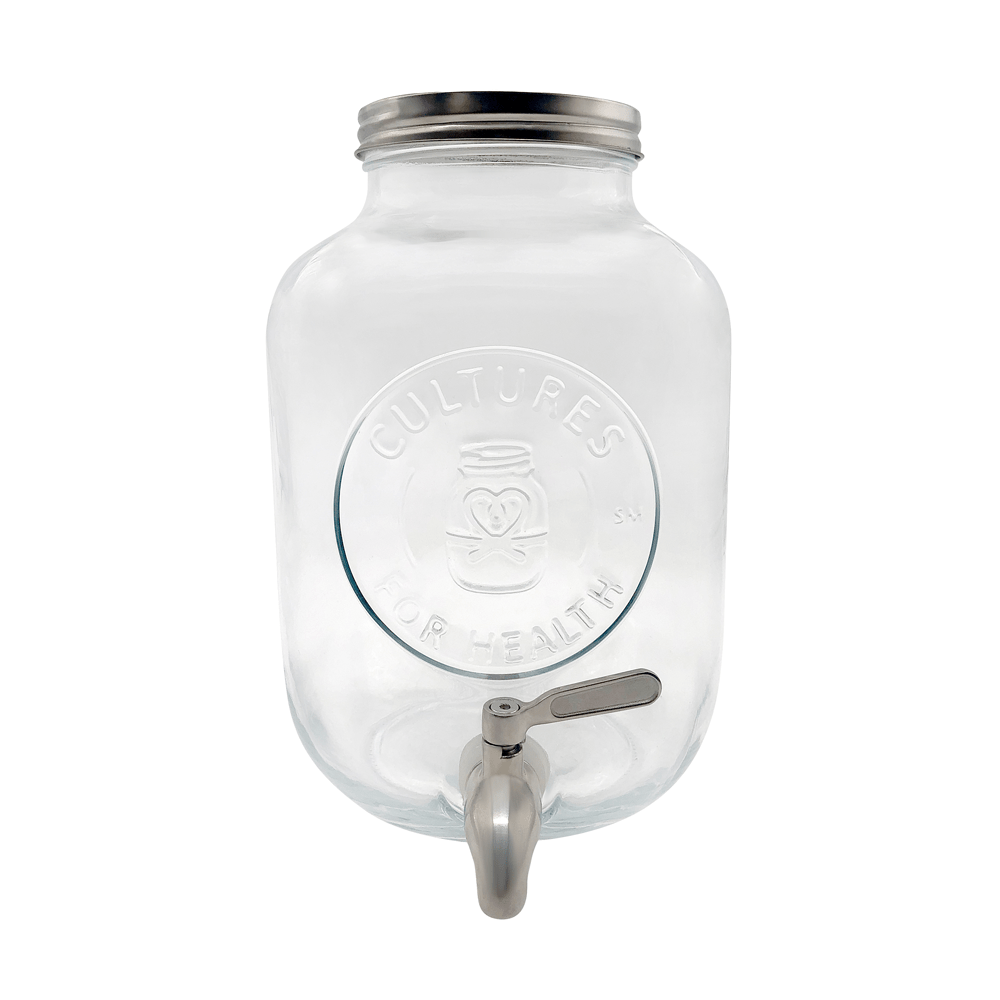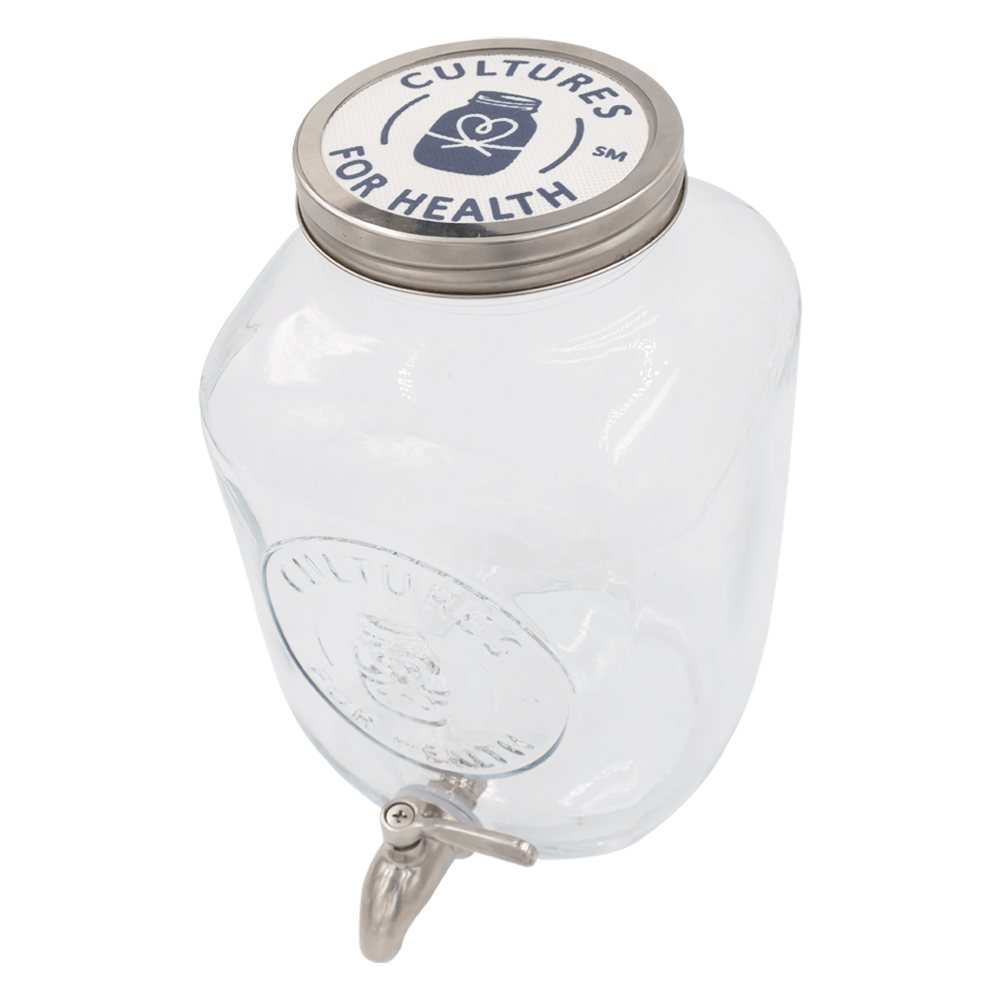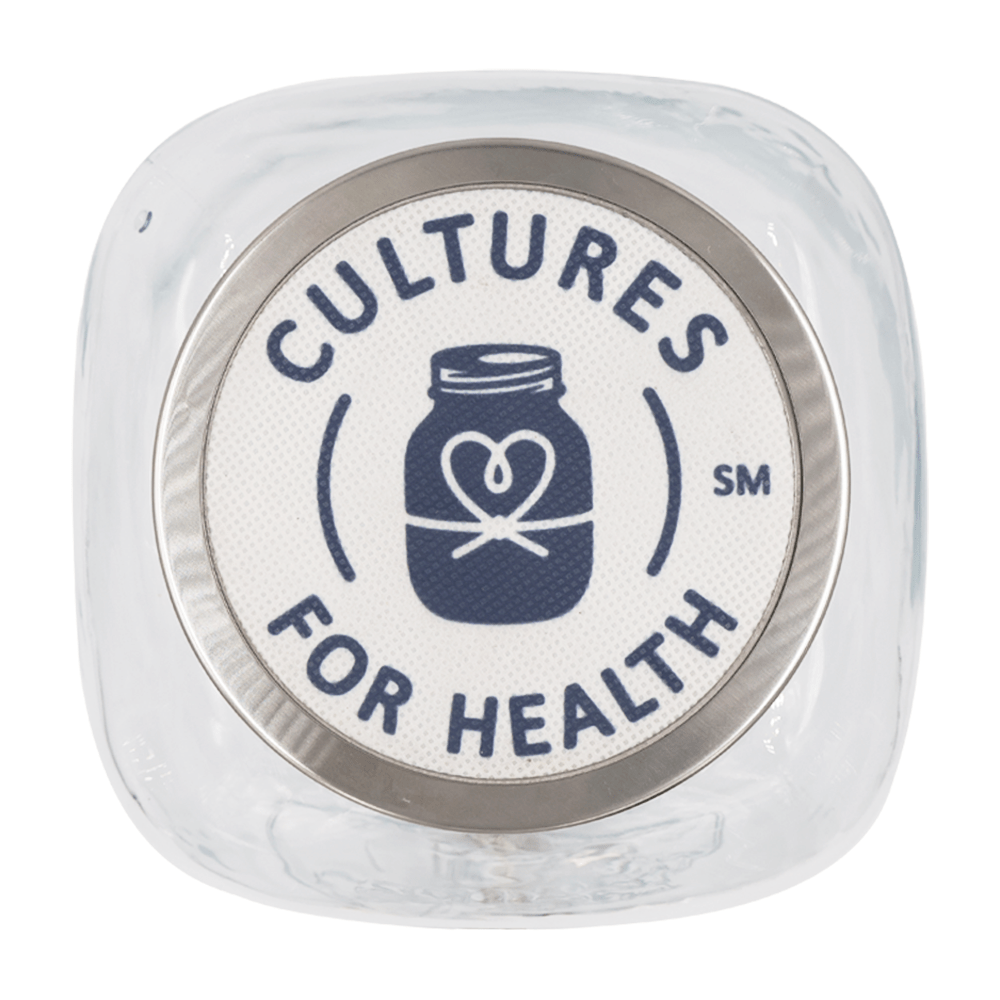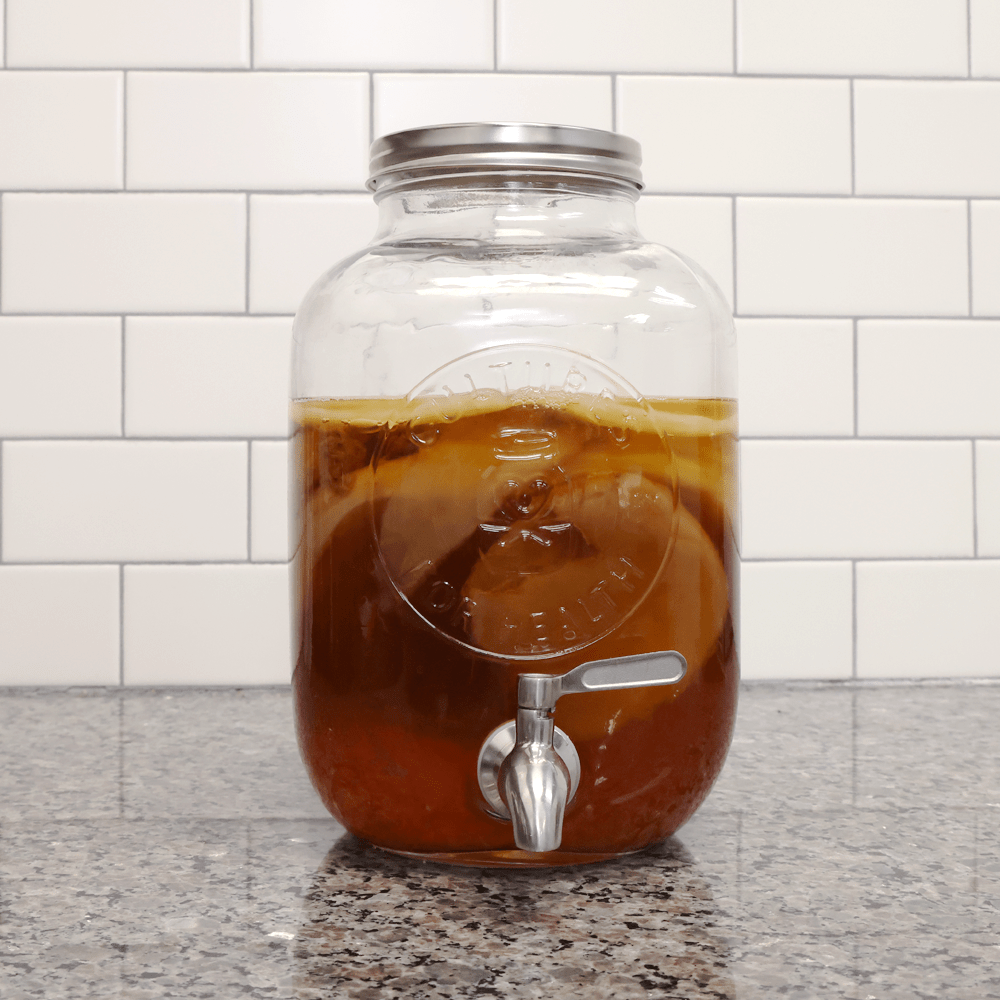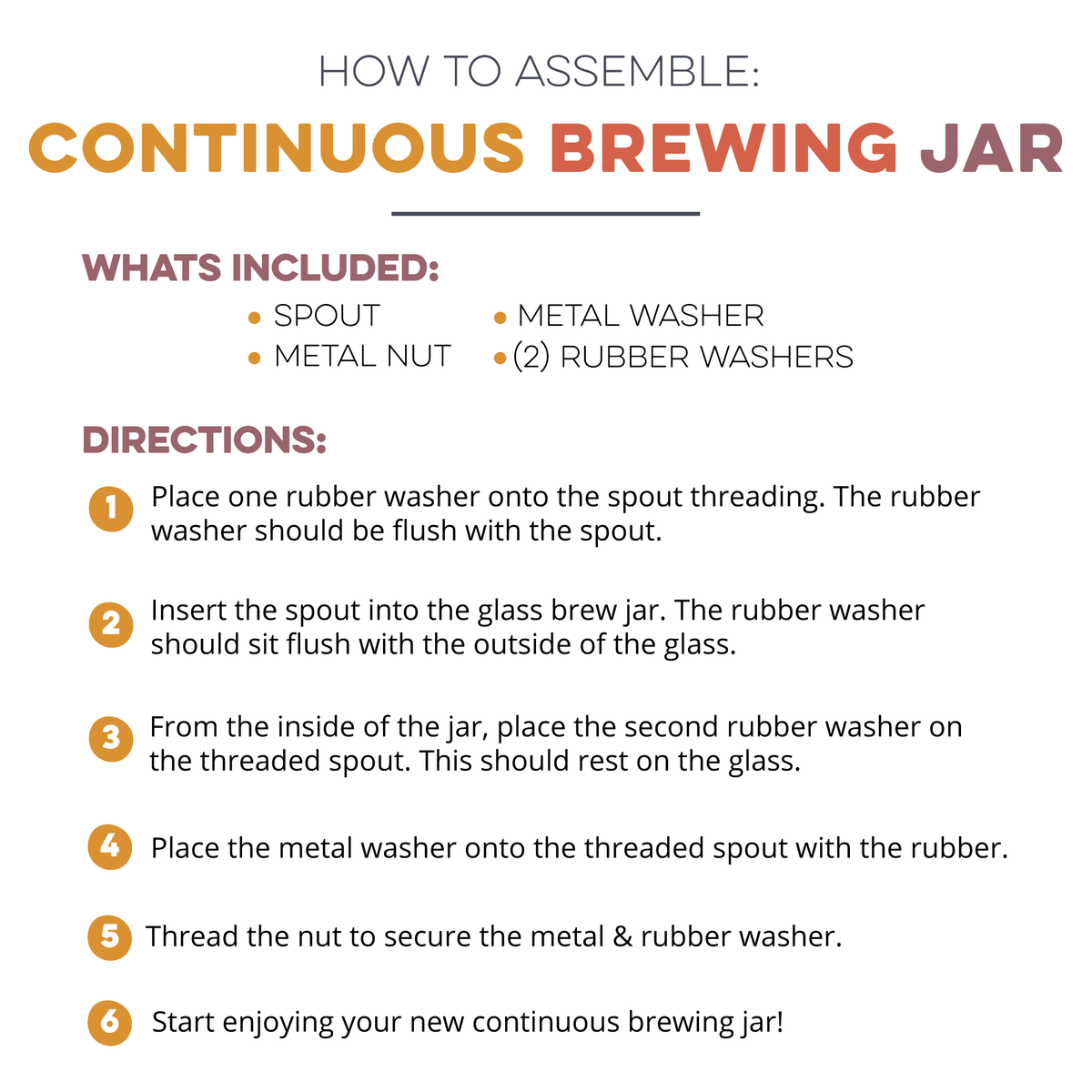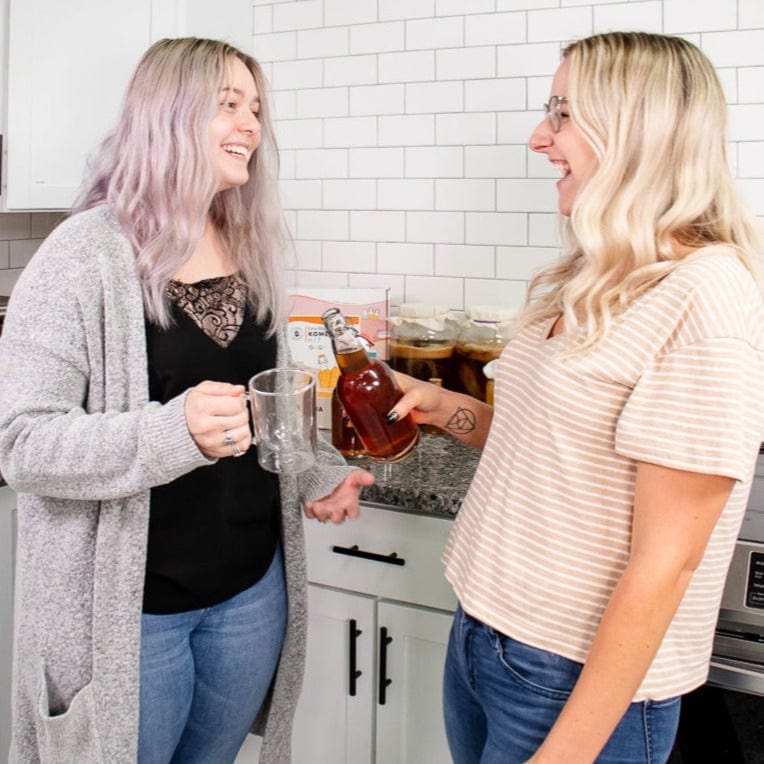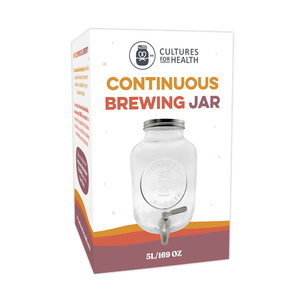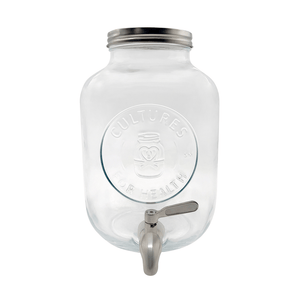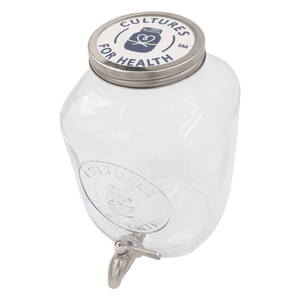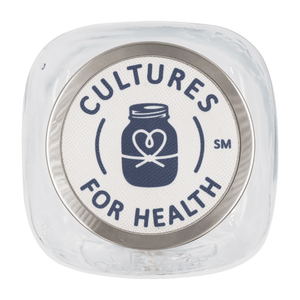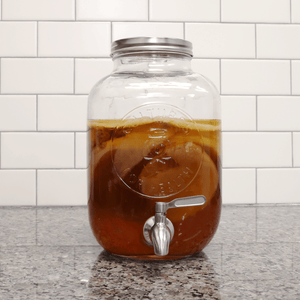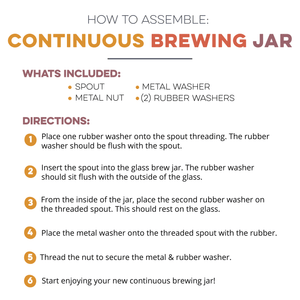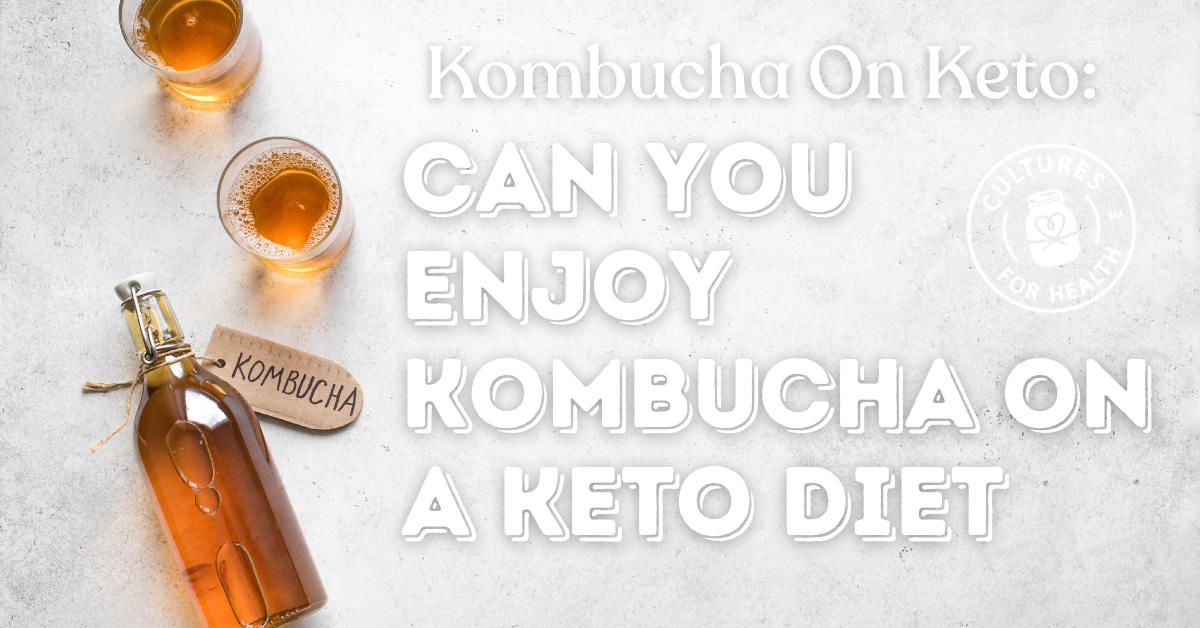
A SCOBY (Symbiotic Culture of Bacteria and Yeast) is a crucial component in brewing kombucha, a popular fermented tea that originated in China. One common concern among kombucha brewers is their SCOBY not floating.
However, this is a natural process that occurs as the SCOBY ferments and produces gas. A sinking SCOBY does not necessarily mean the batch is ruined, and you can still enjoy it—preferably during the best time to drink kombucha so you can get the maximum benefit!
Reasons Why A SCOBY May Sink

You must be wondering why your SCOBY is sinking. Here are some possible reasons why a SCOBY may sink:
Slow Carbonation in A Young SCOBY
Slow carbonation in a young SCOBY can be one of the reasons that the SCOBY may sink. A young SCOBY may not have enough yeast and bacteria to produce carbon dioxide, which is responsible for creating bubbles and lifting the SCOBY to the surface. It's important to give the SCOBY time to mature and build up its population of yeast and bacteria to ensure proper carbonation and buoyancy.
See Related: SCOBY mold
Differences In SCOBY Density
A thicker SCOBY may be too heavy to stay afloat and may sink.
Physical Factors
Physical factors, such as the weight of the tea above the SCOBY, can also cause it to sink. If the tea is too heavy or dense, it can push the SCOBY down and prevent it from floating on the surface. It's important to maintain the proper ratio of tea to SCOBY and ensure that there is enough liquid to support the SCOBY's buoyancy.
The Impact of a Sunk SCOBY on Kombucha Fermentation
Fermentation of kombucha can occur normally even when the SCOBY sinks, because the sinking of the SCOBY is a natural process that occurs as the fermentation process progresses. When the sweetened tea is inoculated with a SCOBY, the microorganisms in the SCOBY start to consume the sugar and produce organic acids, enzymes, and gases that give kombucha its unique flavor and health benefits.
As the fermentation progresses, the SCOBY will produce gas bubbles that rise to the surface and create a layer of foam. However, when the fermentation slows down, the gas production decreases, sometimes causing the SCOBY to sink. The microorganisms in the SCOBY will continue to work, at a slower pace, to ferment the tea and produce the desired organic acids and enzymes.
Therefore, even if the SCOBY sinks, the fermentation process can still occur normally. It is important to monitor the batch and taste it regularly to ensure that it is fermenting properly and to prevent contamination.
See Related: Kombucha Starter
Tips and Solutions for When Your Scoby Sinks
Why Leaving It Alone Is Often the Best Solution
Sometimes a sinking SCOBY is a natural part of the brewing process, and it may eventually rise to the surface again. Give it some time and wait for a few days to see if it rises on its own. Even if it doesn’t, there’s a good chance that a new SCOBY will form at the top and your kombucha will be just fine.
Use a Wider Vessel
If your container is too narrow or too small for your SCOBY, it may not have enough room to float on the surface. Use a wider or larger vessel to give your SCOBY more room.
Continuous Kombucha Brewing Jar
Make a SCOBY Hotel
If your SCOBY is sinking frequently, you can make a SCOBY hotel by keeping a separate jar of sweet tea with a healthy SCOBY. When your main SCOBY sinks, add it to the SCOBY hotel to revive and strengthen it.
Conclusion: Sunk SCOBYs Are Okay!
While a sinking SCOBY may cause concern for some brewers, it is generally not a sign of a problem, and the kombucha can still be consumed if the batch was brewed properly.
Brewing kombucha is a rewarding experience, and with each successful batch, you can gain confidence and satisfaction. Keep experimenting with different flavors and techniques, and don't be discouraged by setbacks. With patience and persistence, you can become a master kombucha brewer.













